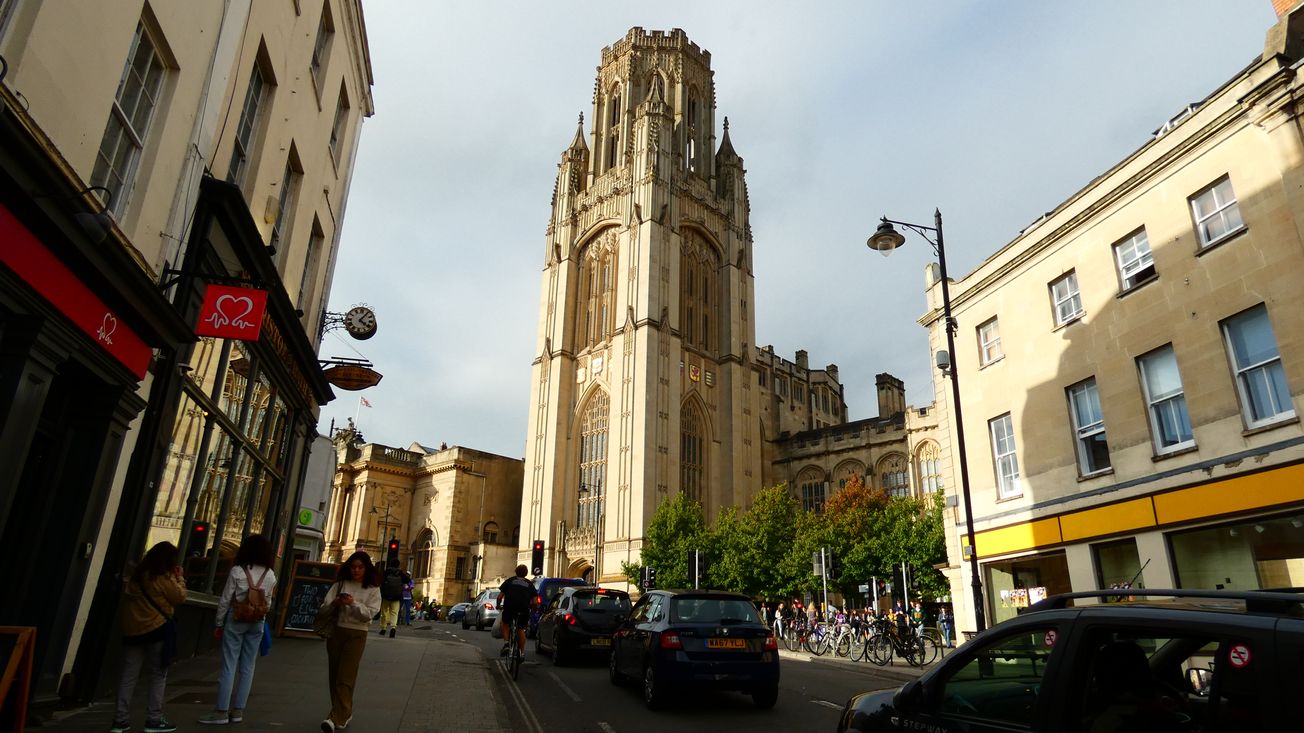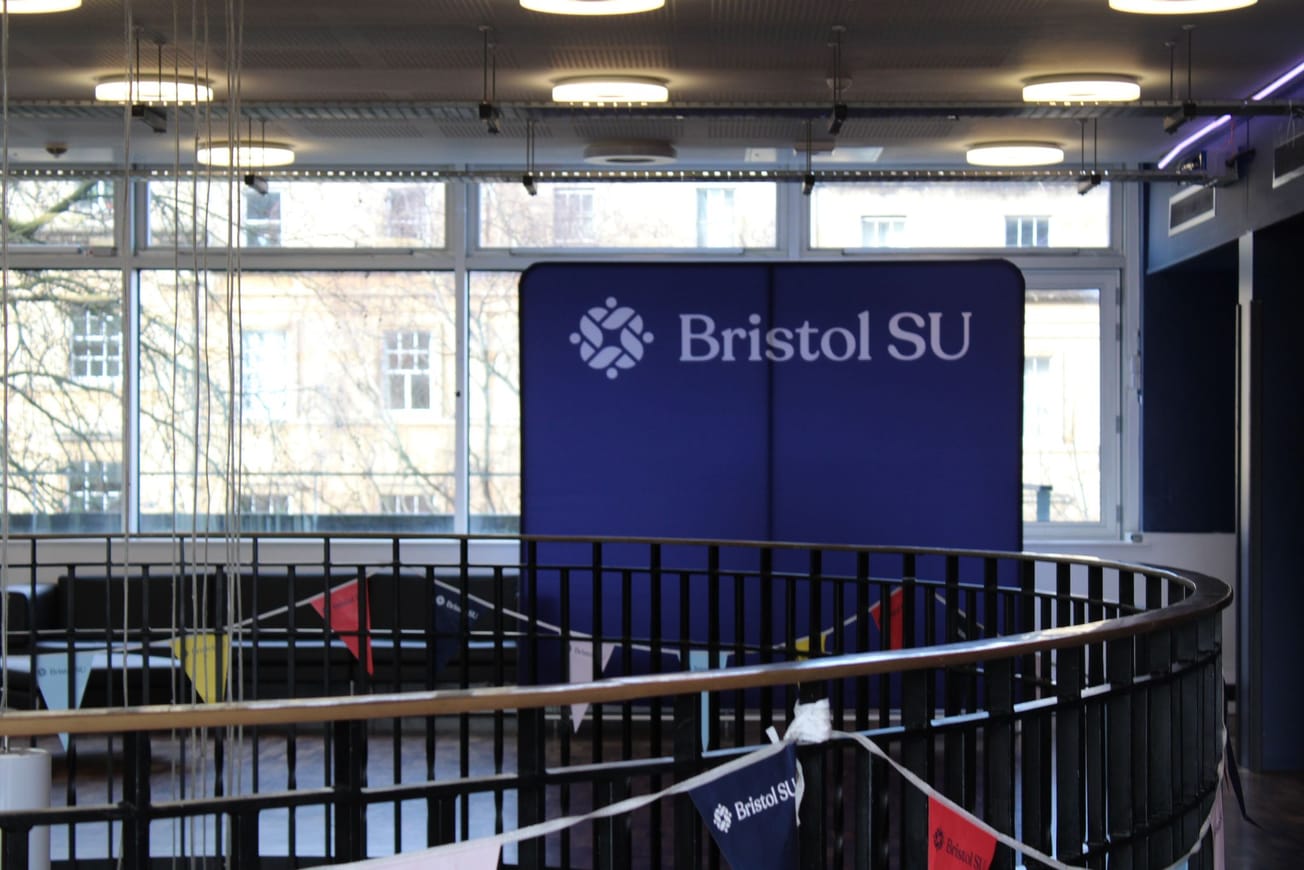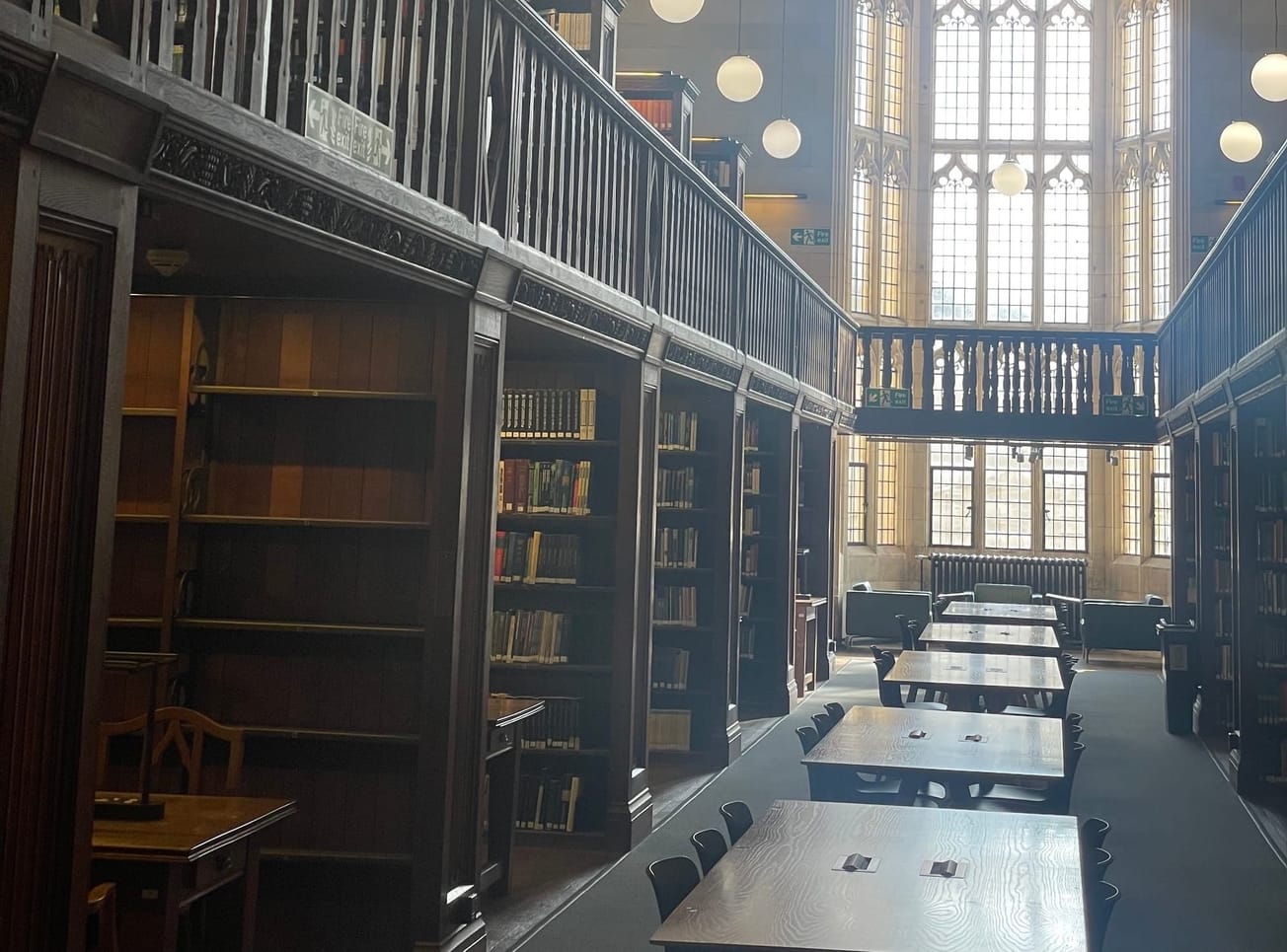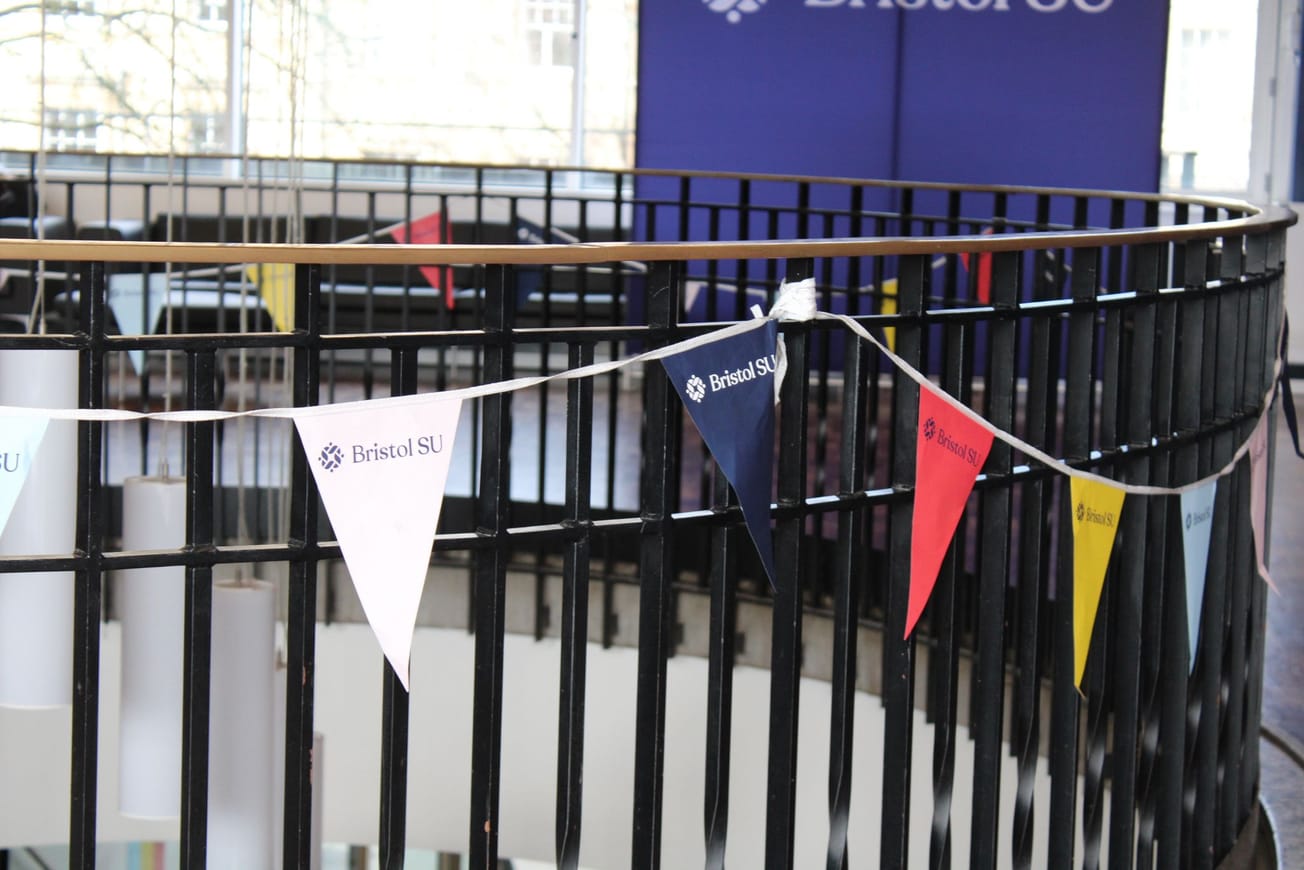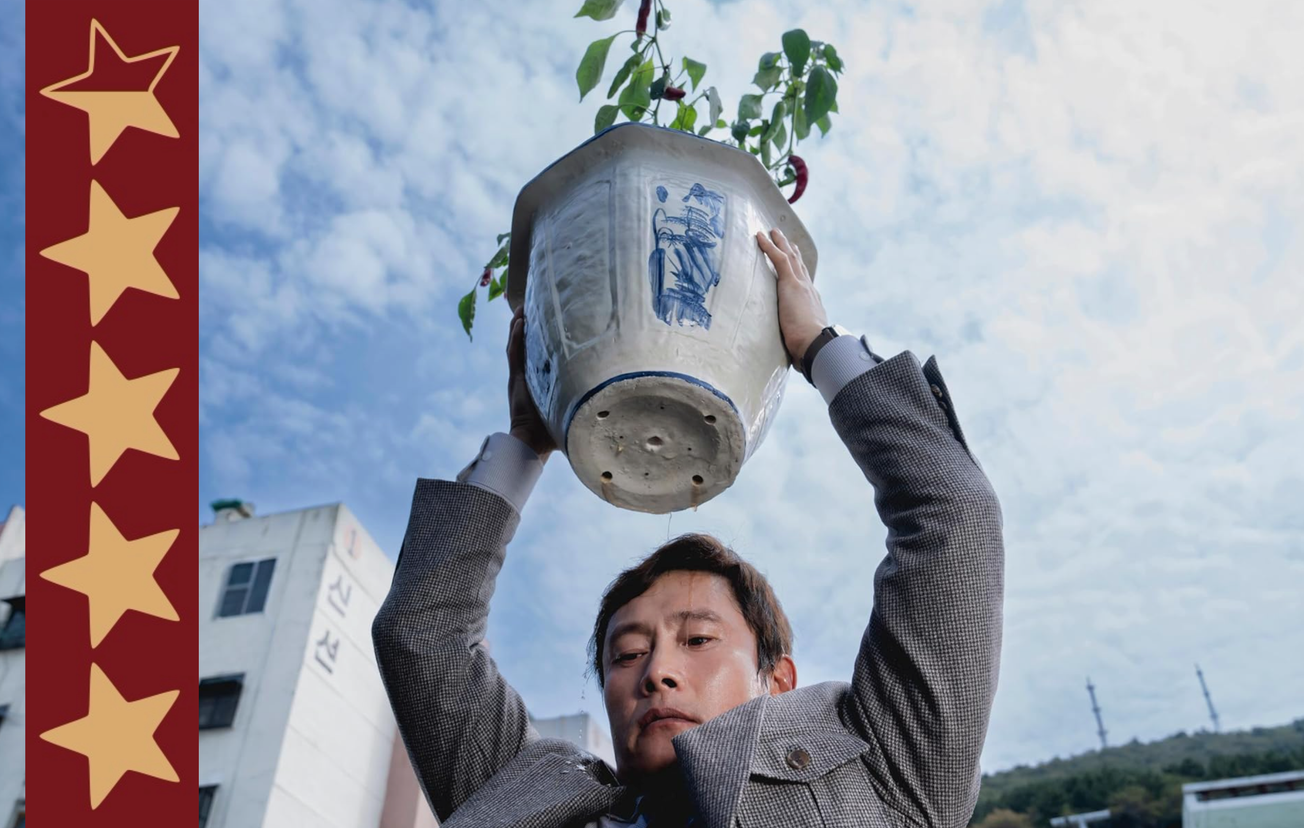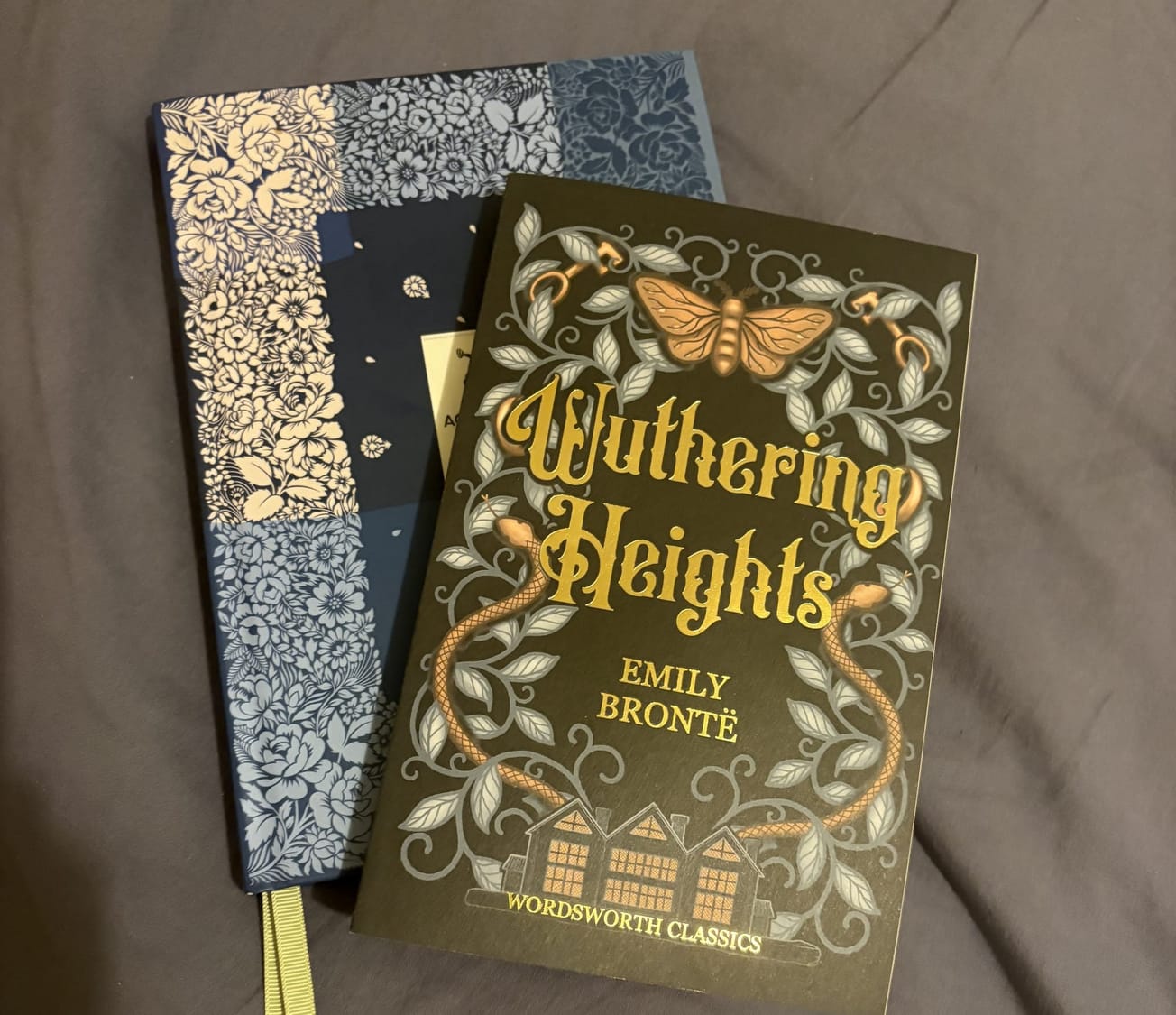By Alexandra Lam, Second Year, English and History
Social diversity has become a central goal for universities in recent years. However, dishearteningly, The Times University Rankings for 2024 has placed the University of Bristol at 104th out of 115 universities for social inclusion. In addition, the university’s 24.6 per cent private school intake raises uncomfortable questions about its purported reputation as elitist.
The Times has reported that 61.3 per cent of The University of Bristol’s student population came from state schools — a marked contrast to the UK’s 93 per cent state-educated population. However, it is important to note that this statistic is measured differently to the university’s. The University of Bristol incorporates their grammar school admissions into their state school statistics, and therefore the university places their state-school admissions at 75 per cent for this year, rather than The Times’ 61.3 per cent.
The Times determines a university’s social inclusion ranking by garnering data on their black achievement gap, how ethnically diverse their student population is and their proportion of first-generation students. Other metrics include the percentage of students from low-participation backgrounds and those from non-grammar state schools.
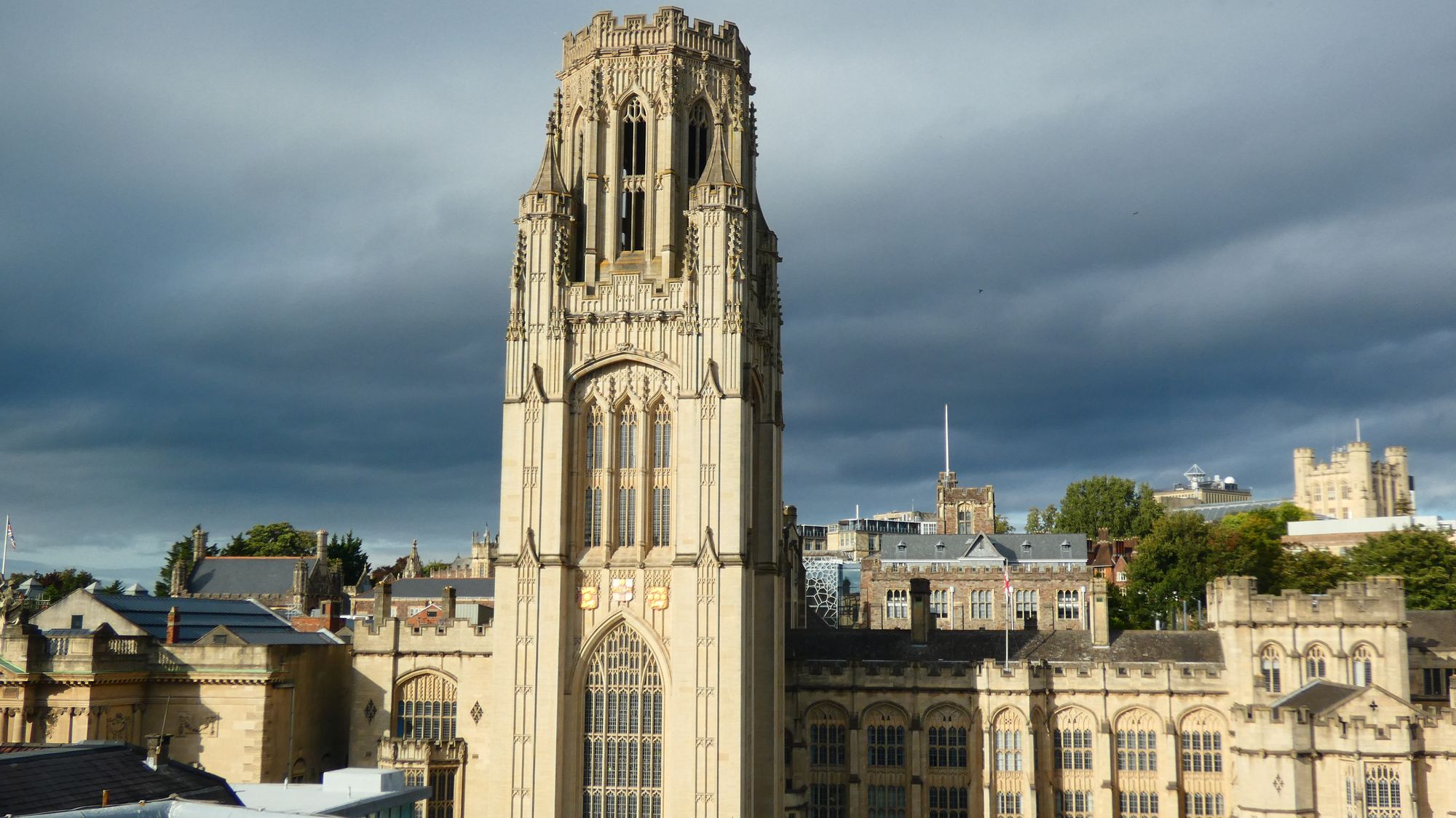
The university’s social inclusion ranking has shown improvement. Placing 113 in 2021, it has climbed up nine places in the last two years.
Lucy Collins is the Director of Student Opportunity at The University of Bristol. In an interview with Epigram, Lucy offered her thoughts on the university’s social inclusion ranking for this year. While noting how ‘It is disappointing to come at the bottom of any league table for social inclusion’, she emphasised that ‘The evidence we have is that we are becoming more diverse — we’ve got more state-school students, more students from minority ethnic backgrounds and those students living in postcodes with the lowest progression rates, than ever before.’
93 per cent of the UK population went to a state school. Touching on the university’s 75 per cent intake of state school students for this year, Lucy commented on the discrepancy between these statistics: ‘There’s undoubtedly more to do. Whilst we’re really proud of the progress we’ve made in recent years, our student community does not yet fully the reflect the society of which it’s part’.
The University of Bristol is certainly improving in terms of social inclusivity, yet there is much work ahead to address wealth inequalities and create a more inclusive university environment.
Some students believe wealth inequalities extend beyond admission statistics, and one area in which wealth disparities may manifest is in student housing. A 2017 Epigram investigation revealed that the North Village accommodations had a disproportionate number of privately educated students, with independently educated students outnumbering those from state schools in Badock, Churchill, Hiatt Baker and Wills. Hiatt Baker had the most striking disparity, with 66 per cent of its inhabitants coming from private schools. For context, Favell house — located in the city centre — had a private school intake of eight per cent.
The reason for this disparity is not a mystery: rent prices often result in students seeking other accommodation options, sometimes as far away as Newport. A room in Churchill Hall can cost as much as £11,760 a year.
This may serve to hinder integration at university and isolate less affluent students. Speaking to Epigram, one student — who wished to remain anonymous — said that this resulted in ‘Friendship groups of just state-school kids and groups of just private school kids — it’s almost like there’s a literal physical divide which isn’t helped by the North Village accommodations and its reputation of being mainly private schoolers.’
Personal experiences from students further illustrate the imbalance between affluent and less-privileged students. One student highlighted the wealth divide within university societies, saying ‘I was going to join the cheerleading society but once I found out the membership level I wanted to perform at was £230, on top of transport costs to training, it wasn’t an option for me anymore.’
‘I really struggled with feeling stupid, poor and out of place in my seminars when I joined — I didn’t want to contribute at all.’
Another example can be seen in the University Snow Sports Club, described in a Bristol Tab article as ‘One big Stoke Bishop reunion.’ Their annual ski trip costs over £800 without lessons, meaning that those from lower socioeconomic backgrounds are likely to be deterred. While one student described it as a ‘Fun and sociable community’ they also noted that ‘Being able to ski since you were young was the norm. If you were a beginner or hadn’t gone skiing before, I could see why some people may have felt left out.’
These experiences of feeling isolated are also present in the classroom. Speaking to Epigram, a second year English and Philosophy student described their first year experience, saying ‘I really struggled with feeling stupid, poor and out of place in my seminars when I joined — I didn’t want to contribute at all.’
The 93% club is a nationwide social mobility organisation, which was founded by UOB alumni Sophie Pender with the aim of spreading opportunity amongst state-school students. Speaking to Epigram, Carlos Lee —the general secretary of the Bristol 93% club — says their mission is to ‘Enhance the networks and opportunities available to state-school students [...] we collaborate with companies and firms across the country, offering talks, networking events and mentoring programs to assist our members in pursuing their career aspirations.’
Carlos Lee — the general secretary of the Bristol 93% club — offered an optimistic view of this year’s statistics, perceiving the ranking improvement as a ‘Positive shift in comparison to previous years, particularly concerning social mobility [...] In a society where individuals from disadvantaged backgrounds are underrepresented in elite universities and high-paying professionals, Bristol’s active efforts to enhance social mobility are commendable.’
However, they still see much progress to be made in advancing inclusivity, suggesting that the university should ‘Adopt a holistic approach to applications and continue offering contextual offers [...] relying solely on end of year exam results fails to account for the unique challenges students may face and does not constitute a fair assessment of their abilities.’
🗞 ALSO! Hear from @alicebassett99 and the team at the 93% Club Bristol (@The93pClub) about their experience of being state educated at a university where 1/3 of students are privately educated! https://t.co/iTuriboLNi
— The 93% Club (@93percentclub) July 6, 2021
Interestingly, when discussing the underlying reasons behind wealth inequalities at the University of Bristol, Carlos noted that ‘The reasons behind this disparity are more complex than solely blaming the University [...] In many instances, private school students receive more support and guidance when preparing for their A-levels and navigating the UCAS application process.
‘Private school students frequently benefit from additional tutoring for their A-levels, a resource that many state-school students lack. Additionally, private school students may have more consistent access to personalised advice during their UCAS applications, which is often unavailable to state-schools due to resource limitations.’
Carlos went on to say that ‘It is imperative for Russell Group universities to take a proactive role in making their institutions more accessible until this issue is addressed comprehensively.’
Universities must do more to tackle the unfair, elitist admissions system https://t.co/fgc9wc6GGO
— The Guardian (@guardian) January 26, 2017
The University of Bristol was the first university to introduce contextual offers in 2009, with nearly 40 per cent of students now taking this route. This statistic is building year on year.
Lucy said that students admitted in this manner ‘Often overachieve the grades that they were required’ and that ‘Their final degree performance is absolutely in line with those students who came in with a standard offer […] That potential that we wanted to tap into absolutely is there.’
With outreach schemes, foundation years, gateway programmes and guaranteed offers to increase the uptake of students from more diverse backgrounds, the university is no doubt making efforts to narrow the wealth divide. Access to Bristol works with 700 to 800 students in the local area, working to widen participation to those from less affluent socioeconomic backgrounds.
A Bullingdon in reverse: how working-class student club is taking on elitism https://t.co/YokOfFcEgk
— The Guardian (@guardian) March 6, 2021
Moreover, national programmes such as Insight into Bristol — a free summer school for Asian and Black students — are making strides in admitting more students from diverse backgrounds. Lucy emphasises that the university is ‘Looking at a whole host of practical interventions’ that they can do to ‘Further increase the number of students from local and mature backgrounds.’
Aside from the admissions process, the student experience is a crucial element in fostering inclusivity amongst the student population, something that the university is prioritising. Lucy stated that ‘It’s not just about recruiting students from diverse backgrounds [but] how those experiences are reflected in our residences, in the work of the Students Union, in what’s taught on our programmes.’
Moreover, Lucy affirmed that they are ‘Putting a real emphasis on the student experience because in order to recruit the next generation of more diverse students we have to be able to absolutely legitimately say that the experience that they have will be a really positive one…That’s one of the areas that is really important for us to think about as a university.’
Efforts to make the student experience a more positive one can be seen in the First Generation Scholars Network. Run by the History Department, the scheme aims to bring first-generation staff and students together from across humanities subjects, allowing them to share their experiences.
Lucy also emphasised that a priority for the university is to create a ‘Diverse learning community’ and move beyond the idea that there are ‘Certain types of students.’ She went on to say that the university wishes to ‘Make sure that all experience is valued equally and there is not an expectation that people assimilate to a dominant culture which might have felt was the case in the past.’ Nonetheless, Lucy recognises that ‘Progress hasn’t been made evenly.’
The University of Bristol is certainly improving in terms of social inclusivity, yet there is much work ahead to address wealth inequalities and create a more inclusive university environment.
What is your degree worth? | Scrutinising Sunak's crackdown on 'Rip-off degrees'
Does having a job as a student put you at a disadvantage?
Their efforts to broaden participation, support outreach programmes and create networks to instil a sense of belonging are commendable steps towards achieving this goal. It is essential for universities to not only recruit a diverse student body but also ensure that everyone feels a sense of community and representation during their time in education.
Epigram / Dan Hutton
Do you think there is a wealth divide at the University of Bristol?

